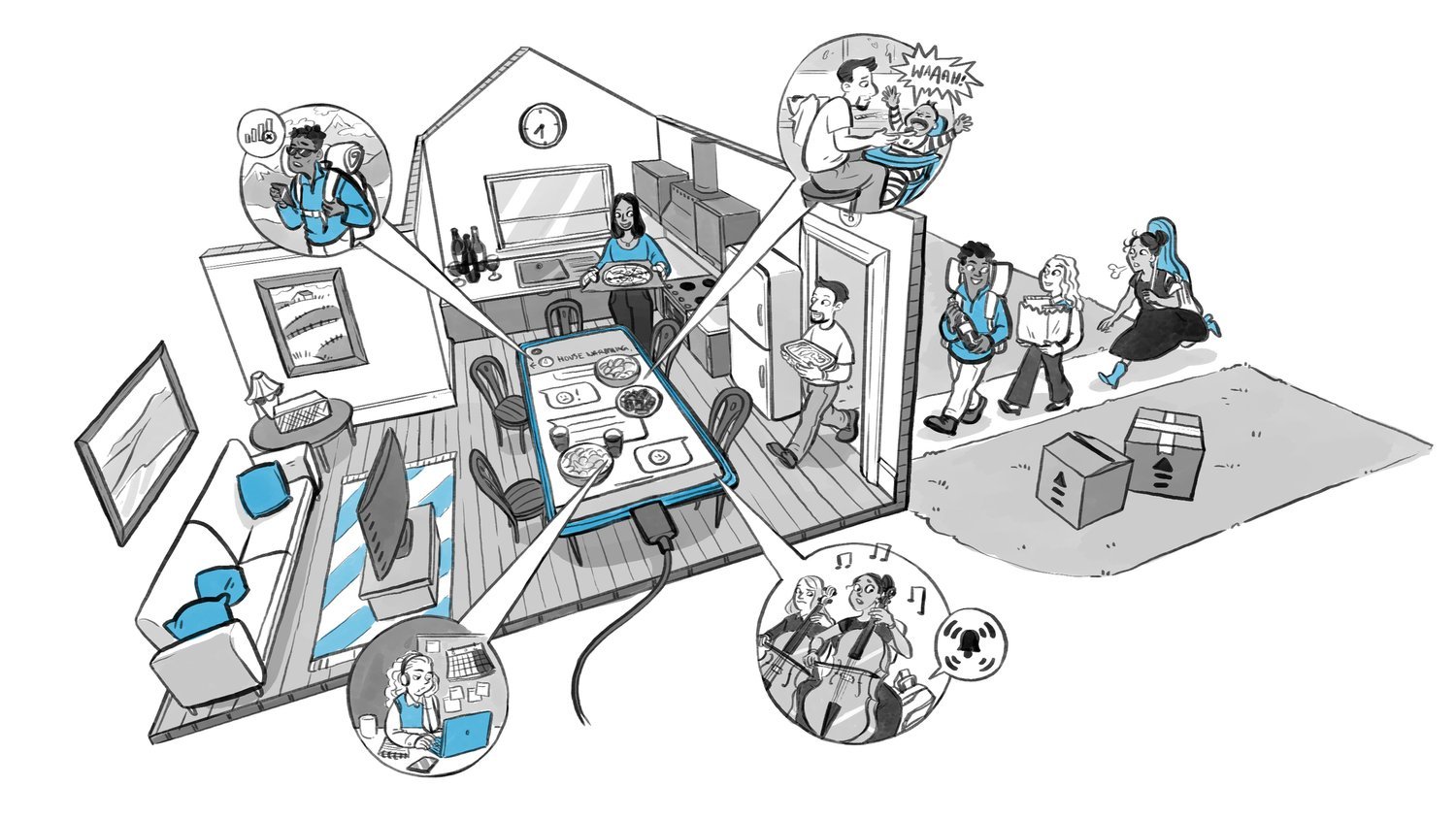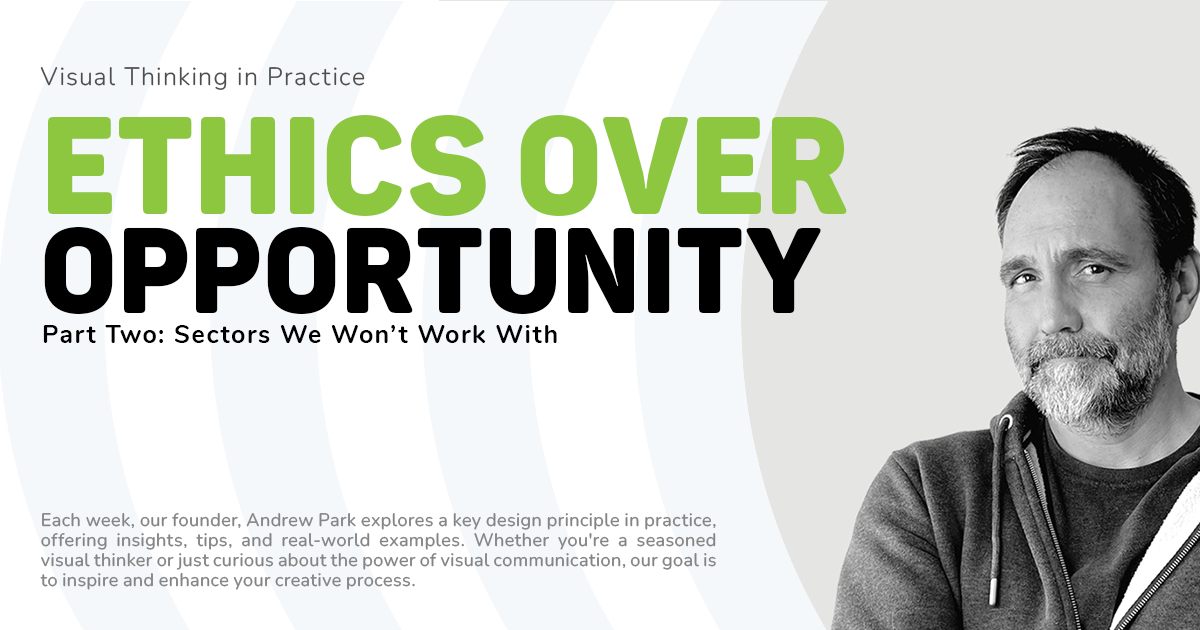In the vast landscape of digital content, where attention spans are as fleeting as shooting stars, the art of storytelling has become more crucial than ever. However, there is help at hand! Whiteboard animation explainer videos have emerged as storytelling wizards in the realm of business communication. Join us on a journey as we unravel the enchanting tapestry of storytelling and unpack how it can help all organisations share their messages with the world.
Introducing Whiteboard Animation
Whiteboard animation is more than just ink on a canvas; it's a symphony of visual storytelling. Imagine your ideas unfolding seamlessly on a white canvas, brought to life by the rhythmic strokes of a marker. This captivating technique combines simplicity with sophistication, transforming complex narratives into digestible visual masterpieces.
Crafting Clarity in Complexity
Explainer videos, the stars of the digital show, have found a dynamic ally in whiteboard animation. These concise, visually stimulating clips are designed to decode intricate concepts, making them accessible to a diverse audience. The combination of whiteboard animation and explainer videos results in a compelling duo that not only grabs attention but also leaves a lasting impression.
Weaving Business Narratives
1. Simplicity in Complexity:
Whiteboard animation excels in breaking down intricate ideas into a series of simple, comprehensible visuals. Whether you're explaining a product, service, or complex business process, the visual simplicity of whiteboard animation ensures that your audience stays hooked from start to finish.
2. Visual Engagement:
Humans are naturally drawn to visuals, and whiteboard animation leverages this inclination beautifully. The animated process of drawing and erasing, combined with a compelling narrative, creates an immersive experience that keeps viewers engaged and eager for the next stroke of creativity.
3. Memorable Impact:
Studies show that people remember information better when it's presented visually. Whiteboard animations don't just convey a message; they etch it into the viewer's memory. This memorability is a potent tool for businesses aiming to leave a lasting impact on their audience.
Tips for Effective Explainer Animations
1. Scripting with Purpose:
The script is the backbone of your whiteboard animation. Craft a clear, concise, and compelling script that aligns with your brand's voice and resonates with your target audience.
2. Storyboarding:
Plan the visual journey meticulously through storyboarding. A well-thought-out sequence of drawings ensures a smooth flow of information, maintaining the viewer's interest throughout the animation.
3. Professional Animation Touch:
While the concept may seem simple, professional animation brings a level of finesse and fluidity that elevates your whiteboard animation to a whole new level. Investing in quality animation ensures a polished and impactful final product.

Embracing the Power of Visual Narratives
In the fast-paced world of business storytelling, where every second counts, whiteboard animation emerges as a hero. Its ability to simplify, engage, and leave a lasting impression makes it an invaluable tool in the arsenal of modern communicators.
As you embark on your storytelling endeavors, consider the effectiveness and engagement that whiteboard animation can add to your narrative. Let your stories come alive on the canvas, captivate your audience, and watch as your messages resonate in the hearts and minds of those who experience the enchanting journey of your visual narrative. The art of storytelling has found a new muse, and its name is whiteboard animation.
If it’s time for you to embrace the storytelling power of whiteboard animation explainer videos, get in touch! We’re here to answer all your explainer video and storytelling questions, and discuss how your project could work as an explainer video.
In the modern workplace, where attention spans are short, and information overload is common, utilizing innovative internal communication strategies is crucial. This article explores creative internal comms ideas, focusing on the power of animated explainer videos and whiteboard animations.
Often the very first books we encounter are picture books, our first introduction to the power of rich visual language. While our books change, the power of this language doesn’t. We’ve reflected on visual language, from picture books to explainer videos and whiteboard animation.
Whether it's making complex ideas feel simple or dry subjects feel engaging, our mission is to democratise knowledge. For over twenty years, we’ve been making this mission a reality, working on whiteboard explainer videos for clients across sectors ranging from education and health to international law and energy.
The best bit of our job is working with clients who have big ideas and complex messages. We’re always ready to make a complicated message feel relatable and understandable or help a visionary get their message out to the masses.
As pioneers of whiteboard animation videos, we’re proud of its ability to make the complex simple and share information far and wide. We want to share its explainer and storytelling superpowers with as many people as possible, but to quote a modern-day classic, ‘with great power comes great responsibility.’ That sometimes means saying ‘no’.
In today’s digital era, explainer videos have become indispensable tools for businesses, educators, and creatives to convey complex ideas in a clear and engaging manner. These videos, whether animated or utilizing techniques like whiteboard animation, captivate audiences and simplify intricate concepts.
We see whiteboard animation as a way of democratising knowledge and sharing the ideas that help us all understand and build a better, fairer world. It is packed with educational and visual storytelling tools that allow us to connect with viewers as we make even the biggest ideas accessible and understandable.
What’s the biggest hype narrative you’ve fallen for recently? Drop it below—no judgment. We’ve all bought something at 11 pm thinking it was genius, only to regret it by morning. (Although the Velcro drain unblocker is the shit!)
The Parker Probe isn’t just a shiny example of what humans can achieve when they stop arguing on X for five minutes. It’s also a reminder that big problems—whether they’re cosmic or corporate—need both boldness and a plan.
When we strip away the layers of imposter syndrome, it often boils down to storytelling—about who we are, what we’ve done, and where we’re headed. The narratives we tell ourselves shape our reality, and reframing those stories can unlock a healthier sense of self-worth.
Facebook and Instagram are going “back to their roots” of free expression. Because, clearly, what the internet desperately needed in 2025 was more rucks.
Watching The Traitors is like observing a high-stakes version of a spider weaving its web. Every accusation, every alliance, every teary-eyed confession pulls on the delicate threads of trust until the whole thing collapses in a heap of suspicion.
Ah, New Year’s resolutions. The annual tradition where we collectively trick ourselves into believing we’re only one heroic declaration away from becoming flawless human beings. This year, this will be the year we shed those bad habits like a moulting snake. Right? Wrong!
If you could pin down the essence of truth, could you draw it? That’s the question that lingered in my mind after speaking with Dan Ariely for my RSA Animate documentary—a project allowing me to reconnect with some of the most compelling thinkers of our time.
I have written a lot about failure. It’s something of a fascination for me. I am in a constantly evolving process with failure. When does failure become a success? Are there any true failures or is it just an endless process?
If you’ve spent any time in creative circles, you’ll know that while education has the potential to transform, we’ve been wielding this so-called "weapon" like a blunt instrument for far too long.
No matter where we find ourselves on the spectrum of human experience, creativity can play a vital role in survival, healing, and hope.
AI could revolutionise the NHS by taking on administrative tasks, giving doctors more time to spend with their patients. However, while this sounds like a dream solution, it comes with challenges. With great power comes great potential for, let’s face it, accidental chaos.
So, here’s the reflective takeaway: in a world of endless scrolling and relentless sameness, being bold is essential, but it’s only the first step. Jaguar has smashed the glass case, but now they need to decide what to do with the diamond.
Let’s face it, presenting isn’t just about showing up with slides and stats. It’s a performance. A dance. A chance to make ideas leap off the screen and stick. But how do you know if you’re nailing it? That’s where the Presentation Pulse Check comes in.
Over-complication isn’t just tedious—it’s the nemesis of efficiency. Enter the KISS principle: “Keep It Simple, Stupid.”
Ah, the Inverted Pyramid—It sounds like a tragic prog rock album you might find at a car boot sale, but it’s a concept that’s as intriguing as it is practical.
Affordance is how something shows you what it can do, like a door handle that makes you want to pull the door open or a button that looks like it should be pressed.
This peculiar proportion, approximately 1.618, has been lurking in the shadows of human creativity for millennia, like a mathematical James Bond, seducing architects, artists, and designers with its promise of perfection.
Why do we see faces in clouds, cars with expressions, or even attribute human emotions to our household appliances (admit it, your Henry Hoover has feelings)? The answer lies in the ancient concept of anthropomorphism—a principle as old as humanity itself, born from our inherent need to understand and relate to the world around us by projecting our own characteristics onto it.
Picture this: You walk into a diner with a menu the size of a small novel. You’re hungry, but now you’re stuck—overwhelmed by choice, paralysed by indecision. Welcome to Hick’s Law in action, a psychological principle that’s been quietly dictating human behaviour since the 1950s...
Understanding the Scaling Fallacy isn't just for philosophers or over-caffeinated academics. It's vital for anyone who wants to make an impact with their ideas, especially in creative fields where size does not always equate to success.
Performance Load teaches us that less truly is more. Visual thinking is about distilling complexity into clarity, turning a tangled web of ideas into a neat, navigable roadmap.
Ever heard of the phrase, ‘necessity is the mother of invention’? Turns out, constraint is its often-overlooked sibling—perhaps the unsung hero of creativity.






























Explainer videos and engaging whiteboard animations, have emerged as powerful tools to convey complex messages with simplicity and creativity. Here, we explore nine innovative ways to integrate explainer animations into your marketing strategy, enhancing your brand's visibility, engagement, and conversion rates.